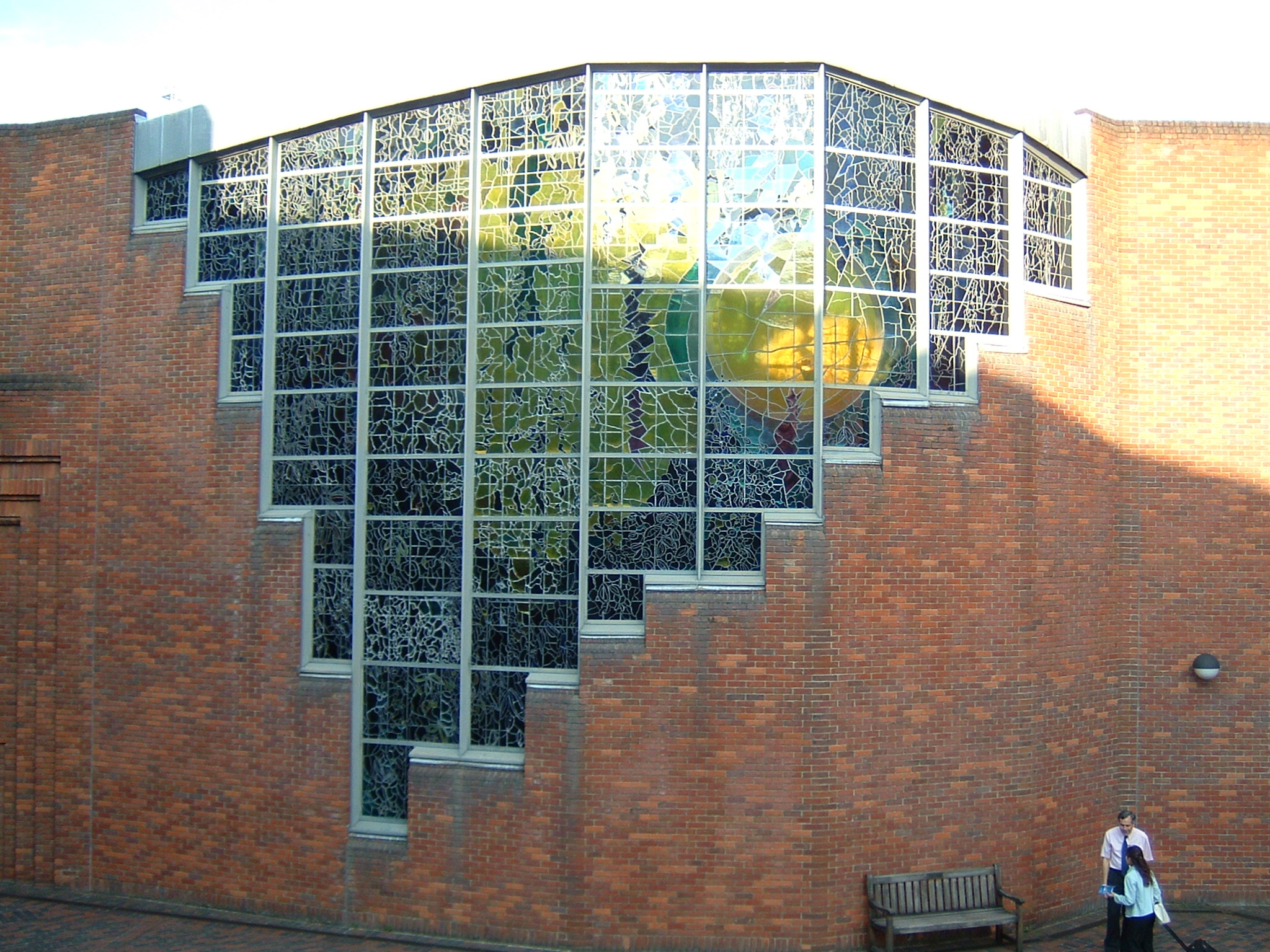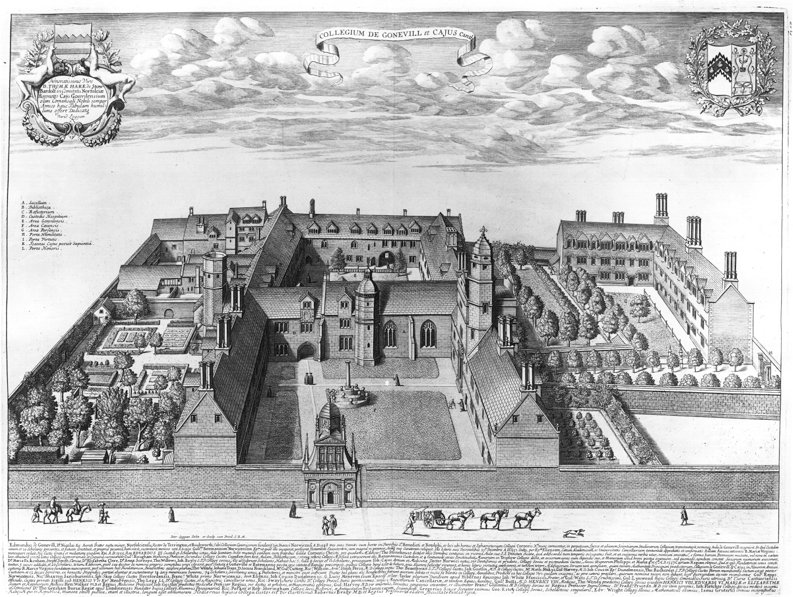|
Mikuláš Teich
Mikuláš Teich (24 July 1918 – 16 August 2018) was a Slovak-British historian of science, best known for the series of histories in national context which he co-edited with Roy Porter. He was married to the economic historian Alice Teichova. Life Mikuláš Teich was born in Kassa (Košice) on 24 July 1918, and grew up in an assimilated Jewish family. He studied medicine at Masaryk University, where he became politically active. After the German invasion in March 1939, he and his older brother decided to emigrate, and arrived in London in April 1939. Helped by the Montefiore family, he studied for an external university degree in chemistry at University College, Exeter. He went on to study at Leeds University, joining the Communist Party alongside Alice, who became his wife in 1944. After he gained his doctorate in 1946, they returned to Prague. However, Teich was there labelled a “destructive element” and lost his job in the chemistry department. He managed to build another c ... [...More Info...] [...Related Items...] OR: [Wikipedia] [Google] [Baidu] |
Historian Of Science
The history of science covers the development of science from ancient times to the present. It encompasses all three major branches of science: natural, social, and formal. Science's earliest roots can be traced to Ancient Egypt and Mesopotamia around 3000 to 1200 BCE. These civilizations' contributions to mathematics, astronomy, and medicine influenced later Greek natural philosophy of classical antiquity, wherein formal attempts were made to provide explanations of events in the physical world based on natural causes. After the fall of the Western Roman Empire, knowledge of Greek conceptions of the world deteriorated in Latin-speaking Western Europe during the early centuries (400 to 1000 CE) of the Middle Ages, but continued to thrive in the Greek-speaking Eastern Roman (or Byzantine) Empire. Aided by translations of Greek texts, the Hellenistic worldview was preserved and absorbed into the Arabic-speaking Muslim world during the Islamic Golden Age. The recovery and ... [...More Info...] [...Related Items...] OR: [Wikipedia] [Google] [Baidu] |
Dušan Kováč
Dušan Kováč (born 3 January 1942) is a Slovak historian and writer. He specializes in Slovak and Central European history of the 19th and 20th centuries, the author or co-author of several synthetic works about Slovak history. The head of the Institute of History of the Slovak Academy of Sciences (1990-1998), the scientific secretary of the Presidium of the Slovak Academy of Sciences (since 1998). The member of several Slovak and foreign scientific organisations like the Collegium Carolinum in Munich or the Royal Historical Society in London. He is a brother of the Slovak ex-president Michal Kováč Michal Kováč (3 August 1930 – 5 October 2016) was the first president of Slovakia, having served from 1993 through 1998. Early life Kováč was born in the village of Ľubiša in then Czechoslovakia in 1930. He graduated from the present .... Selected works * 1979 Od Dvojspolku k anšlusu rom the Double Alliance to the Anschluss* 1991 Nemecko a nemecká menšina na Sl ... [...More Info...] [...Related Items...] OR: [Wikipedia] [Google] [Baidu] |
Slovak Centenarians
Slovak may refer to: * Something from, related to, or belonging to Slovakia (''Slovenská republika'') * Slovaks, a Western Slavic ethnic group * Slovak language, an Indo-European language that belongs to the West Slavic languages * Slovak, Arkansas, United States See also * Slovák Slovák, meaning "Slovak" in the Slovak language Slovak () , is a West Slavic language of the Czech–Slovak group, written in Latin script. It is part of the Indo-European language family, and is one of the Slavic languages, which are part o ..., a surname * Slovák, the official newspaper of the Slovak People's Party * {{disambiguation, geo Language and nationality disambiguation pages ... [...More Info...] [...Related Items...] OR: [Wikipedia] [Google] [Baidu] |
Writers From Košice
A writer is a person who uses written words in different writing styles and techniques to communicate ideas. Writers produce different forms of literary art and creative writing such as novels, short stories, books, poetry, travelogues, plays, screenplays, teleplays, songs, and essays as well as other reports and news articles that may be of interest to the general public. Writers' texts are published across a wide range of media. Skilled writers who are able to use language to express ideas well, often contribute significantly to the cultural content of a society. The term "writer" is also used elsewhere in the arts and music, such as songwriter or a screenwriter, but also a stand-alone "writer" typically refers to the creation of written language. Some writers work from an oral tradition. Writers can produce material across a number of genres, fictional or non-fictional. Other writers use multiple media such as graphics or illustration to enhance the communication of ... [...More Info...] [...Related Items...] OR: [Wikipedia] [Google] [Baidu] |
Fellows Of Robinson College, Cambridge
{{disambiguation ...
Fellows may refer to Fellow, in plural form. Fellows or Fellowes may also refer to: Places *Fellows, California, USA *Fellows, Wisconsin, ghost town, USA Other uses *Fellows Auctioneers, established in 1876. *Fellowes, Inc., manufacturer of workspace products *Fellows, a partner in the firm of English canal carriers, Fellows Morton & Clayton *Fellows (surname) See also *North Fellows Historic District, listed on the National Register of Historic Places in Wapello County, Iowa *Justice Fellows (other) Justice Fellows may refer to: * Grant Fellows (1865–1929), associate justice of the Michigan Supreme Court * Raymond Fellows (1885–1957), associate justice of the Maine Supreme Judicial Court {{disambiguation, tndis ... [...More Info...] [...Related Items...] OR: [Wikipedia] [Google] [Baidu] |
Czechoslovak Emigrants To The United Kingdom
Czechoslovak may refer to: *A demonym or adjective pertaining to Czechoslovakia (1918–93) **First Czechoslovak Republic (1918–38) **Second Czechoslovak Republic (1938–39) **Third Czechoslovak Republic (1948–60) **Fourth Czechoslovak Republic (1960–89) **Fifth Czechoslovak Republic (1989–93) *''Czechoslovak'', also ''Czecho-Slovak'', any grouping of the Czech and Slovak ethnicities: **As a national identity, see Czechoslovakism **The title of Symphony no. 8 in G Major op. 88 by Antonín Dvořák in 1889/90 *The Czech–Slovak languages, a West Slavic dialect continuum **The Czechoslovak language, a theoretical standardized form defined as the state language of Czechoslovakia in its Constitution of 1920 **Comparison of Czech and Slovak See also * Slovak Republic (other) * Czech Republic (other) * Czechia (other) * Slovak (other) * Czech (other) Czech may refer to: * Anything from or related to the Czech Republic, a country ... [...More Info...] [...Related Items...] OR: [Wikipedia] [Google] [Baidu] |
2018 Deaths
This is a list of deaths of notable people, organised by year. New deaths articles are added to their respective month (e.g., Deaths in ) and then linked here. 2022 2021 2020 2019 2018 2017 2016 2015 2014 2013 2012 2011 2010 2009 2008 2007 2006 2005 2004 2003 2002 2001 2000 1999 1998 1997 1996 1995 1994 1993 1992 1991 1990 1989 1988 1987 See also * Lists of deaths by day The following pages, corresponding to the Gregorian calendar, list the historical events, births, deaths, and holidays and observances of the specified day of the year: Footnotes See also * Leap year * List of calendars * List of non-standard ... * Deaths by year {{DEFAULTSORT:deaths by year ... [...More Info...] [...Related Items...] OR: [Wikipedia] [Google] [Baidu] |
1918 Births
This year is noted for the end of the World War I, First World War, on the eleventh hour of the eleventh day of the eleventh month, as well as for the Spanish flu pandemic that killed 50–100 million people worldwide. Events Below, the events of World War I have the "WWI" prefix. January * January – 1918 flu pandemic: The "Spanish flu" (influenza) is first observed in Haskell County, Kansas. * January 4 – The Finnish Declaration of Independence is recognized by Russian Soviet Federative Socialist Republic, Soviet Russia, Sweden, German Empire, Germany and France. * January 9 – Battle of Bear Valley: U.S. troops engage Yaqui people, Yaqui Native American warriors in a minor skirmish in Arizona, and one of the last battles of the American Indian Wars between the United States and Native Americans. * January 15 ** The keel of is laid in Britain, the first purpose-designed aircraft carrier to be laid down. ** The Red Army (The Workers and Peasants Red Army) ... [...More Info...] [...Related Items...] OR: [Wikipedia] [Google] [Baidu] |
Slovakia In History
''Slovakia in History'' is an edited collection of essays on the history of Slovakia in English published by Cambridge University Press in 2011, covering the period between the Duchy of Nitra in the first millennium and the 1993 dissolution of Czechoslovakia. The volume was edited by Cambridge University professor Mikuláš Teich and Dušan Kováč of the Slovak Academy of Sciences. Most of the contributors are historians with the Slovak Academy of Sciences. It received mixed reviews. James Mace Ward noted that book's coverage of twentieth-century history was much more in depth than its coverage of prior eras, and that non-Slovak peoples who lived in the territory of present-day Slovakia were ignored. The book was praised in ''Denník SME'', which stated that it was the first time that an overview of Slovak history had been published by such a prestigious press in English and also felt that it was an evenhanded and objective book. However, criticized the book, arguing that the con ... [...More Info...] [...Related Items...] OR: [Wikipedia] [Google] [Baidu] |
Robinson College, Cambridge
Robinson College is a Colleges of the University of Cambridge, constituent college of the University of Cambridge. Founded in 1977, it is one of the newest Oxbridge colleges and is unique in having been intended, from its inception, for both undergraduate and graduate students of both sexes. The College was founded through a significant donation from the businessman and philanthropist, David Robinson (philanthropist), Sir David Robinson. In 1981 Robinson College was formally opened by Elizabeth II of the United Kingdom, Queen Elizabeth II with both undergraduate and graduate students in attendance. History The College was founded after David Robinson offered the University £17 million to establish a new college in Cambridge. Robinson later gave his College another £1 million on the occasion of its official opening. The first Graduate school, graduate students and fellows joined the College in 1977. Undergraduates (20 of them) were first admitted in 1979, but si ... [...More Info...] [...Related Items...] OR: [Wikipedia] [Google] [Baidu] |
Roy Porter
Roy Sydney Porter, FBA (31 December 1946 – 3 March 2002) was a British historian known for his work on the history of medicine. He retired in 2001 from the director of the Wellcome Institute for the History of Medicine at University College London (UCL). Life Porter grew up in South London and attended Wilson's School in Camberwell.John Forrester,Obituary: Professor Roy Porter, ''The Independent'', 6 March 2002 (accessed 6 July 2015) He won a scholarship to Christ's College, Cambridge, where he studied under J. H. Plumb.Professor Roy Porter , ''The Telegraph'', 5 March 2002 (accessed 14 March 2009) His contemporaries included and Andrew Wheatcroft. He achi ... [...More Info...] [...Related Items...] OR: [Wikipedia] [Google] [Baidu] |
Caius College
Gonville and Caius College, often referred to simply as Caius ( ), is a constituent college of the University of Cambridge in Cambridge, England. Founded in 1348, it is the fourth-oldest of the University of Cambridge's 31 colleges and one of the wealthiest. The college has been attended by many students who have gone on to significant accomplishment, including fifteen Nobel Prize winners, the second-highest of any Oxbridge college after Trinity College, Cambridge. The college has long historical associations with the teaching of medicine, especially due to its prominent alumni in the medical profession. It also has globally-recognized and prestigious academic programmes in law, economics, English literature, and history. Famous Gonville and Caius alumni include physicians John Caius (who gave the college the caduceus in its insignia) and William Harvey. Other alumni in the sciences include Francis Crick (joint discoverer of the structure of DNA with James Watson), James Chadwi ... [...More Info...] [...Related Items...] OR: [Wikipedia] [Google] [Baidu] |




